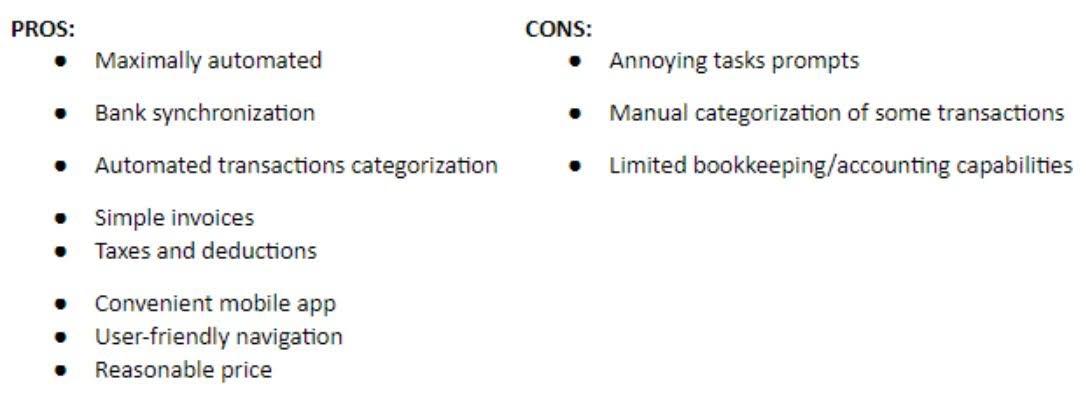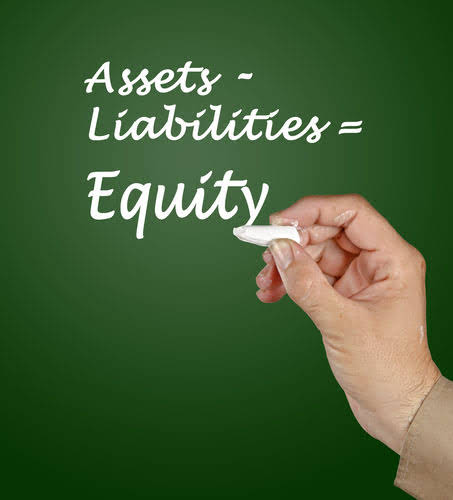
Small business owners are typically experts in their field or industry but might need more financial expertise to keep their company’s books in order. They don’t just crunch numbers; they make those numbers understandable and usable for the business owner. If you’re just starting out with your small business, you’ll probably be satisfied with the services of a regular bookkeeper.

Previous PostBookkeeping Tips for Small Businesses
Certifications like the Certified Public Accountant (CPA) and Certified Bookkeeper (CB) are highly valued. To become a Full-Charge Bookkeeper, you need education, skills, and certifications. With Taxfyle, your firm can access licensed CPAs and EAs who can prepare and review tax returns for your clients. When you’re a Pro, you’re able to pick up tax filing, consultation, and bookkeeping jobs on our platform while maintaining your flexibility. Get $30 off your tax filing https://www.bookstime.com/bookkeeping-services/chicago job today and access an affordable, licensed Tax Professional.

Reconciling Bank Statements
Let’s take a closer look at the key skills required for a full charge bookkeeper. Generating accurate and timely financial statements is vital for decision-making, financial planning, and complying with legal and regulatory requirements. It requires a strong understanding of accounting principles, attention to detail, and proficiency in accounting software. Full-charge bookkeepers’ educational background and training requirements can vary depending on the business and the organization’s specific needs.
How Does Full Charge Bookkeeping Differ from Traditional Bookkeeping?

By promptly following up on unpaid invoices, you can help improve cash flow and minimize the risk of bad debts. It offers flexibility, accessibility, and real-time financial data, making it an attractive option for many businesses. When it comes to small business bookkeeping, the role of a full charge bookkeeper must be balanced. Many small businesses operate on thin margins, and the financial acumen provided by a full charge bookkeeper can often make the difference between success and failure. Most companies that reach the point of needing a full-charge bookkeeper will have plenty of other lower-level functions to manage. Even small- to mid-size firms may employ several bookkeeping clerks, administrative assistants, or other personnel to manage clerical work.
By hiring a full charge bookkeeper, small businesses can ensure that their financial records are well-maintained, enabling them to make sound financial decisions and comply with legal and regulatory requirements. Partnering with professional bookkeeping services such as Books and Balances ensures that small businesses can access complete charge bookkeeping expertise. Their team of professionals handles all aspects of bookkeeping, allowing business owners to save time, reduce stress, and have peace of mind knowing their finances https://www.facebook.com/BooksTimeInc/ are in good hands. The general ledger is the central repository of an organization’s financial data. However, mistakes or omissions may additionally occur during regular statistics entry procedures. Full-charge bookkeepers play a crucial role in making general ledger changes to correct inaccuracies, ensuring the accurate reflection of monetary transactions, and holding the integrity of financial records.
Case Study 1: Streamlining Financial Operations for a Growing Retail Business
As compared to bookkeepers, full charge bookkeeping consultants are meant to provide the reports of their work directly to the supreme authorities of your company, such as senior managers or presidents. Supervising the accounting staff of pen-pushers is also their responsibility along with contacting relevant professionals working exteriorly for your company such as a certified public accountant (CPA). They manage accounts payable and receivable, process payroll, and prepare financial statements. They know a lot about accounting and are often the main contact for financial issues. One significant trend is the automation of repetitive tasks such as data entry and reconciliation.
Handling Comprehensive Bookkeeping and Accounting Needs

As the term ‘full charge’ implies, a full charge bookkeeper takes on various tasks. They manage an organization’s bookkeeping needs, from recording financial transactions, processing invoices and payroll, full charge bookkeeper meaning reconciling bank statements, and preparing financial statements. They handle the daily financial activities, ensuring all transactions are accurately recorded on time.
- At a certain point, you’ll need to begin leveraging these types of insights to keep pace with competitors, many of whom may be leveraging these strategies already.
- Accountants use this analysis to provide strategic advice to the organization’s management.
- By leveraging the expertise and comprehensive services of full charge bookkeepers, SMBs can effectively manage their financial operations, mitigate risks, and position themselves for long-term growth and success.
- Although, a set of certain skills are important such as mathematical abilities and calculation, data entry, proficiency in computer usage, effective communication skills, and attention to detail.
- This position requires a high level of expertise in accounting principles and procedures, as well as strong analytical and organizational skills.
- Understanding the broader financial landscape allows them to source candidates for investments and consider hiring decisions that align with the organization’s growth objectives.
Among various bookkeeping methods, one that has gained significant traction in recent years is full charge bookkeeping. Full-charge bookkeeping is an all-encompassing financial management approach that involves meticulously recording, organizing, and reporting an organization’s financial transactions. Unlike regular bookkeeping, which may focus on specific tasks like data entry or maintaining ledgers, full-charge bookkeeping entails a broader set of responsibilities. It encompasses financial analysis, payroll management, reconciliation, and generating financial statements. If your business is scaling and the financial management is difficult to handle, you would benefit from it.


